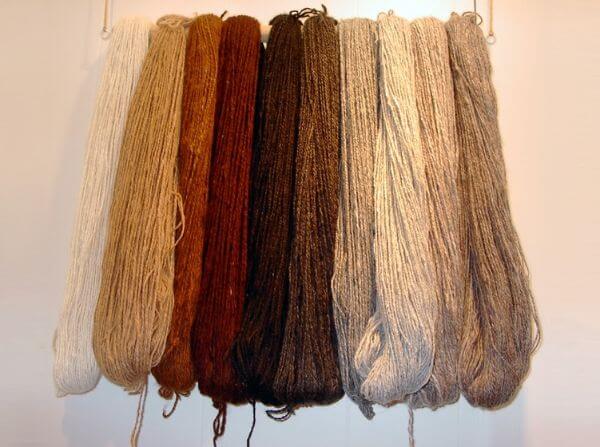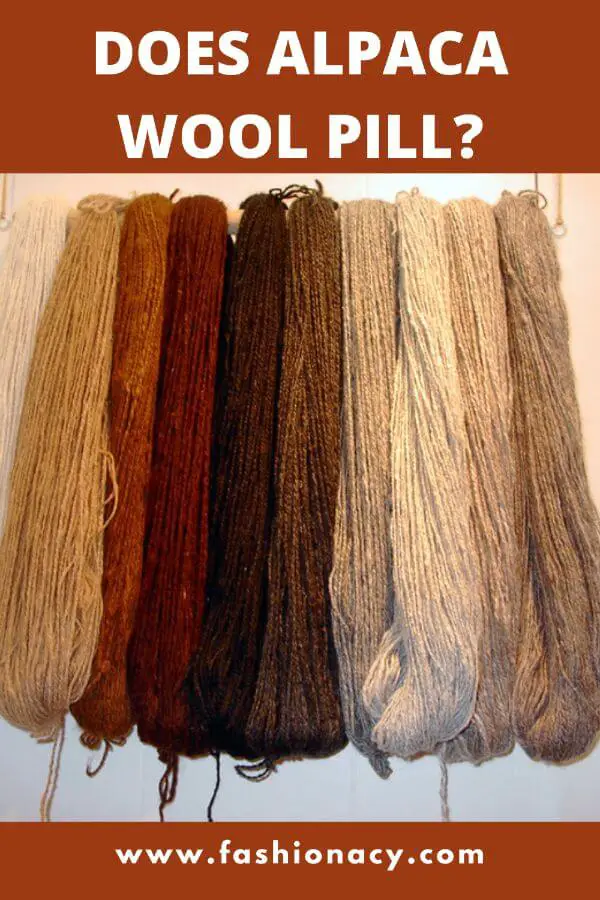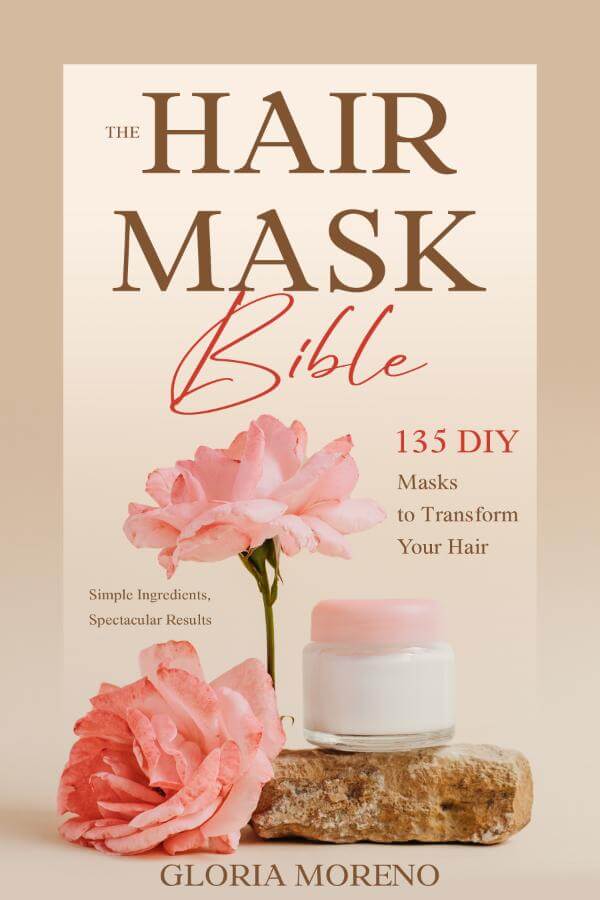
Key Takeaways
|
With the exception of alpaca wool, all woolen fibers naturally pill.
It’s quite rare that alpaca wool will pill.
It’s essential to understand why other clothing pills in order to understand why alpaca wool doesn’t.
Different strands of hair or fiber are used to make all types of wool fibers. They are combined, twisted, and finally made into yarn.
If you look closely and truly try, you can still see those individual fibers in every woolen item.
When you use or wear a garment, there is friction, and when there is friction, those tiny hairs and fibers are beginning to break slightly.
When they break, they protrude outward, separate from their thread, and begin to connect with other yarn fibers.
Pilling occurs as a result of these fibers gradually coming together and interlocking with other parts of the fiber that they shouldn’t.
There are three reasons why something like this does not happen with alpaca wool.
The longer fiber of alpaca wool, compared to many other wool fibers, is the primary reason.
Alpacas are only shorn once a year to give the animals ample time to develop their fur, which is one of the causes of this.
Alpaca wool typically measures six to seven centimeters in length, which is significantly longer than wool from other animals.
Why does a longer fiber stop pills from forming?
Because it is simply a lot stronger and the fibers in their yarn are better interwoven, there is simply a lot less chance for them to break free.
Alpaca wool’s reputation as being extremely durable is the second reason. It is therefore extremely improbable that it will become brittle and break.
It is still possible, but there are significantly fewer chances for it to take place. The strong fiber won’t pill, it won’t separate from its thread, and it will remain in its current location.
Its silky fiber is the third reason. This indicates that compared to other fibers, alpaca fiber is significantly smoother. On a microscopic level, those particular hairs have tiny scales on them.
Alpaca woolen fibers have much smaller scales than other types of wool that have them, as can be seen when comparing the two.
Because the fibers are smoother as a result of this, there is less friction as they just slide together a little better. This results in reduced pilling.
Although it’s quite uncommon, there is a very small potential that alpaca wool will begin to pill.
How to Avoid Alpaca Wool Pilling
Fortunately, there are things you can take to prevent that.
Don’t wash your woolen clothing in the first place. Really, there’s no need for it. All of them have excellent breathability, stain resistance, and odor resistance. They will naturally remain fresh.
A garment made of alpaca wool does not need to be washed because it is not necessary.
Your garments will look nicer for longer if you don’t wash them as often. Also, the friction that might lead to the formation of the pilling would be avoided.
Your alpaca wool clothing should be hand washed. If you do choose to wash an item made of alpaca wool, never put it in the washing machine.
Not on the hand wash program. If you plan to hand-wash an item made of alpaca wool, use your hands.
Simply place the garment in a tub of water and put it there to soak. There should be no rubbing, ringing, twisting, agitation, or friction. No pilling, though, either.
Being a little cautious with the weather is another strategy to stop alpaca wool clothing from pilling.
Despite the fact that alpaca wool clothing is extremely water resistant, getting it wet makes it bigger, which increases the likelihood of friction. There may be pilling when there is friction.
Be extremely cautious with friction. It should come as no surprise that this occurs more frequently in areas such as under the armpits, at the end of the sleeves, or on your shoulders if you’re carrying a backpack.
Use common-sense. If there is a motion that is frequently repeated, then there is definitely a greater potential for friction to occur.
In the event that friction does take place, there are a few things that can be taken to alleviate the problem.
Using an old-fashioned razor is one approach to get rid of pills.
It can be removed if the razor is moved very carefully along the side of the pill.
I do caution you to be extremely careful because a very sharp razor might occasionally destroy your garment, which would be a shame.
Using specialized machines that deeply repair your garments is the alternative method for getting rid of pills. Although they might work, I prefer to stay with the razor blade because it’s far less expensive and does the job just as well. So long as you’re careful.
Cutting your pills using scissors is one of the things you should avoid doing.
Using scissors to cut your pills increases the likelihood that you will ruin your garment or, at the very least, ruin some fibers that are still intact and aren’t truly bound to pill.
So simply refrain from doing it.
Pulling them out is another thing you must never do. I am aware of how alluring it is. Don’t do it. Similarly, you could simply pull out more good hairs, which would be a bad thing.




